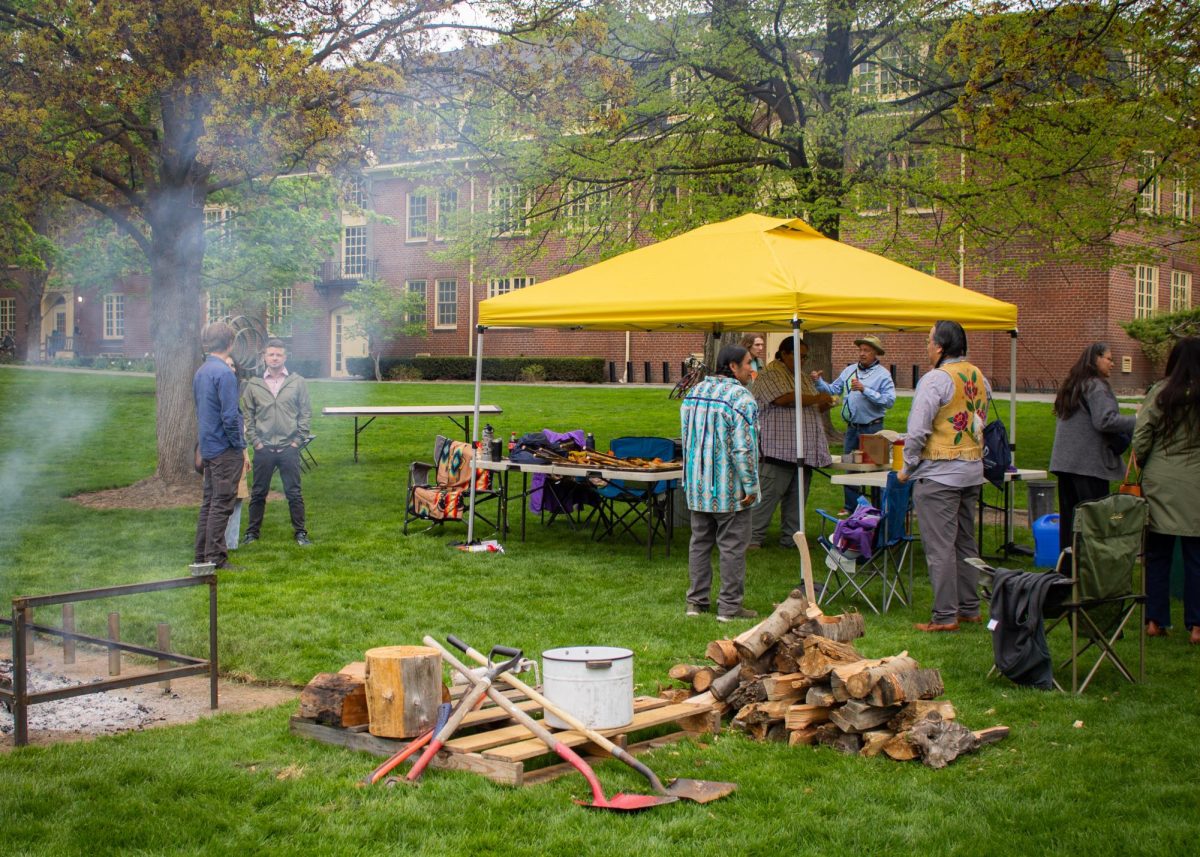
Does the ‘green movement’ have an embarrassing whiteness? Is the Sierra Club racist for blaming illegal immigrants for destructions of the border eco-system? Does the placement of coal plants in minority neighborhoods constitute genocide?
The lecture is part of the ongoing “From Where I Stand” lunch series sponsored by the Race and Ethnic Studies Department and led by Spanish professor Alberto Galindo.
“The purpose of the series is to ask questions, not to present answers,” said Galindo. “We are trying to show the relationship between race and ethnicity and other topics.”
The series was started as a result of negative feedback from last year’s Diversity Symposium. Rather than hosting one daylong event, the college is instead putting on smaller events throughout the year, such as the lunch series, that focus on issues relating to diversity.
The series might just raise more questions than the race symposiums of the past two years ever did.
“I like this much better than the Symposium,” said Associate to the President Jed Schwendiman.
And students seemed to agree. The combination of interesting, contemporary topics, articulate professors and free lunch has made this lecture series a popular one, attracting 80-100 students at each lecture.
First-year Christine Kiely said she especially liked the interdisciplinary focus.
“It was interesting to see different professors present the issue from very different backgrounds,” she said.
Classics professor Dana Burgess discussed the selfishness of caring about the environment, telling students that caring about polar bears is essentially a desire to keep the planet healthy for our own interests. He then questioned the idea of an over-arching concept of “nature,” arguing that the ancients related very differently to the natural world.
Environmental humanities professor Don Snow explained the history of the environmental justice movement, beginning with a 1987 United Church of Christ study that showed minority communities are disproportionally affected by pollution. He also recounted his experience surveying patterns of minority environmental leadership at a time when major environmental organizations were being attacked for racist hiring practices.
Biology professor Leena Knight spoke from her background of Indian heritage. She suggested that ethnicity and race don’t play as large a role in environmental discussions as does socioeconomic status.
“I don’t need to ask my parents to go green, they already are because of their financial limitations; they can’t afford to have two cars,” she said.
From her perspective, it is the wealthy who can most afford to damage the environment, but at the same time they are the ones who can best afford to be “green consumers.” She believes that since wealthy people often have the highest levels of education and can understand the consequences of their actions, they should be the ones leading the way.
After the three professors had spoken, the floor was opened up for students’ thoughts and questions.
The “From Where I Stand” lecture series will continue on Tuesday, Feb. 24 with a discussion of money and on Thursday, Mar. 12 with a discussion of free speech.







